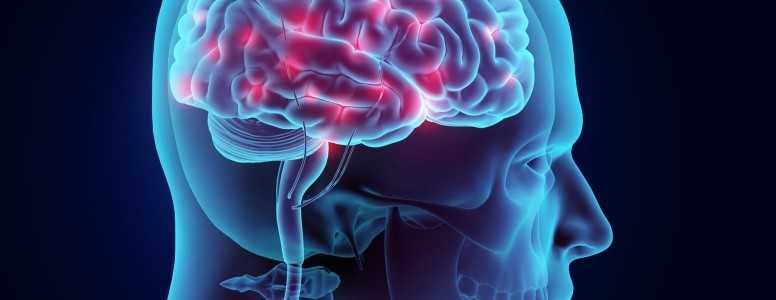Brain cells that control appetite have been identified for the first time in a groundbreaking discovery by researchers at the University of Warwick.
The cells, called tanycytes, are located in a part of the brain that controls energy levels. Tanycytes detect nutrients in food and relay this information to the brain. Therefore eating foods with high nutritional value activate the tanycytes more and help to make you feel fuller.
The process revolves around amino acids found in food. Tanycytes respond to amino acids using the same receptors on the taste buds of the tongue which sense the acids’ flavour. Two particular acids react more with tanycytes – arginine and lysine – which are found in foods such as avocado, almonds, chicken and sirloin steak.
“Amino acid levels in blood and brain following a meal are a very important signal that imparts the sensation of feeling full,” said Nicholas Dale, a professor of Neuroscience at the University of Warwick.
“Finding that tanycytes, located at the centre of the brain region that controls body weight, directly sense amino acids has very significant implications for coming up with new ways to help people to control their body weight within healthy bounds.”
The discovery was made by adding concentrated amounts of arginine and lysine into brain cells. These were then made fluorescent so that any microscopic reactions would be clear. Within 30 seconds, the tanycytes detected and responded to the amino acids, informing the part of the brain that controls appetite and body weight.
“Our data warrant investigation as to whether tanycytes may be physiological mediators of satiety signals and act to reduce food intake,” concluded the researchers.
The study has been published in the journal Molecular Metabolism.
Editor’s note: The findings are of great significance to the diet world. Low-carb diets involve eating lots of healthy, natural foods which are known to be more satiating than starchy carbohydrates, and this revelation regarding amino acids helps explain this effect in the body. Visit the award-winning Low Carb Program for more information on eating nutritious food and its benefits for the body.
What's new on the forum? ⭐️
Get our free newsletters
Stay up to date with the latest news, research and breakthroughs.







